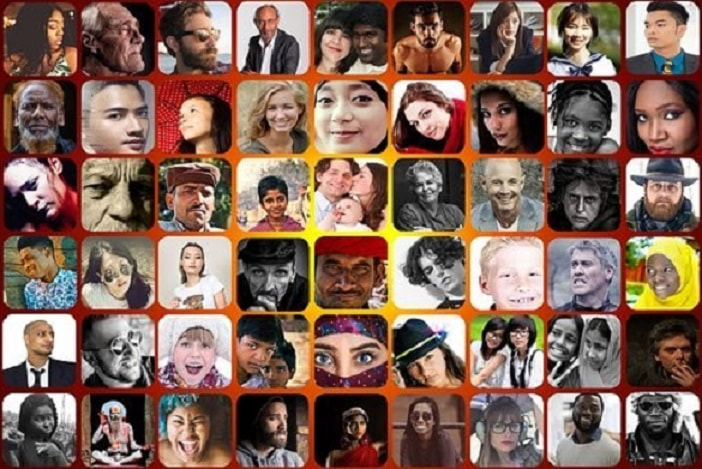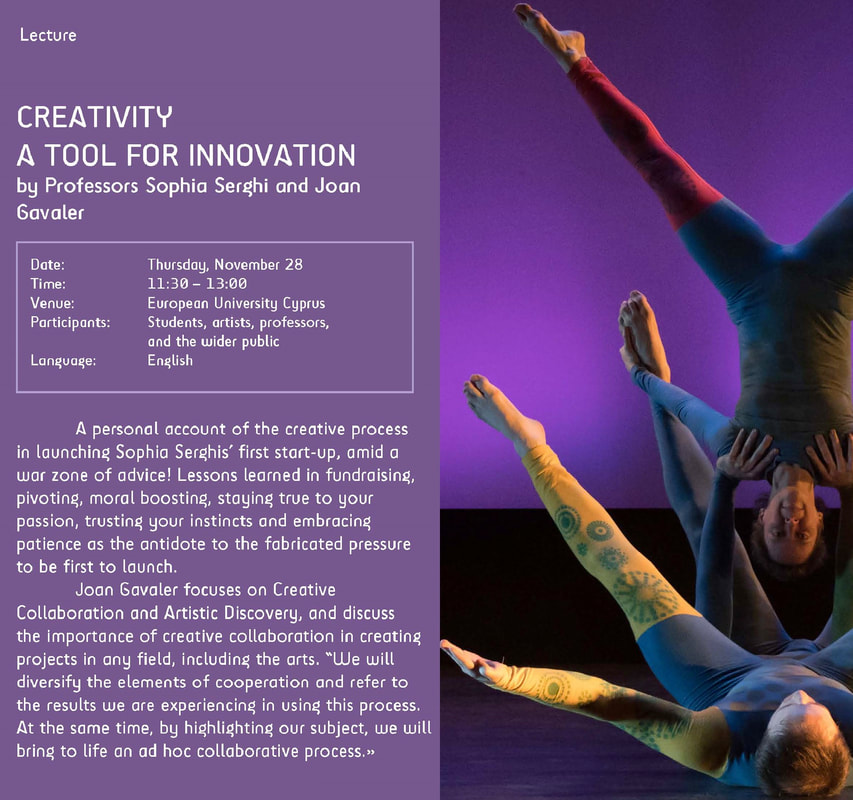Fuelled by creativity, imagination, reason, science and technology, innovation has served as the basis of human progress since the beginning of history. Innovation increases happiness as it solves problems, satisfies needs and makes people better off. It is essential for our well-being. I do not subscribe to the nostalgic nonsense that technology is evil and dangerous and that “good old days” are gone forever. Of course we need to understand that innovation always happens within a socio-political context which in turn shapes its outcomes. The costs and benefits of innovation can be very unevenly distributed and this, in turn, impacts society and politics. Innovation often serves selfish and even evil purposes. And it is undoubtedly impacting climate too, in ways which only international co-operation can address, and it shall do so with more, not less, innovation. At the level of individuals, the renowned psychologist Mihaly Csikszentmihalyi has shown how happiness and creativity are intimately related in two seminal books*. Innovation practitioners will also attest to the importance of personal engagement and enjoyment in the act of collaborative creation. Beyond individuals and teams, companies and communities, what might we learn from surveying happiness at the level of nation-states? The World Happiness Report 2019**, commissioned by the UN and edited by economists Helliwell, Layard and Sachs, is the 7th of its kind. It is a pioneering study in the emerging science of happiness which shows how the quality of people’s lives can be coherently, reliably and validly assessed by a variety of measures of subjective well-being. (See table)
0 Comments
"We have become entrepreneurs first by deeply realising our artistic identity and then by creating an entity that will support that identity." We have learned to understand different forms of art in categories with common themes suggested by art critics, like impressionism, fauvism, cubism, surrealism, abstract expressionism, op art, pop art and many more. William Gompertz, Arts Editor at the BBC, offered a word to bring together a large number of contemporary artists who are in vogue today: Entrepreneurialism – characterizes a group of artists whose common theme is to have recognized and taken on art in many ways as a business start-up. He cites Damien Hirst, Tracey Emin, Jeff Koons, Murakami and Ai Weiwei among others, and one might even add Cirque du Soleil.
(re: Will Gompertz: “What are you Looking at? 150 years of Modern Art in the Blink of an Eye”, Viking 2012). Throughout the ages some artists have always been more commercially minded than others, but a set of artists active today is more openly learning from business and blending with it. Dr Sophia Serghi, educator, musician and entrepreneur and Dr Joan Gavaler, educator, choreographer and performer, Professors at William and Mary College, Virginia, responded to some of my questions about business and the arts. |
LATEST POSTS
Archives
July 2021
|


